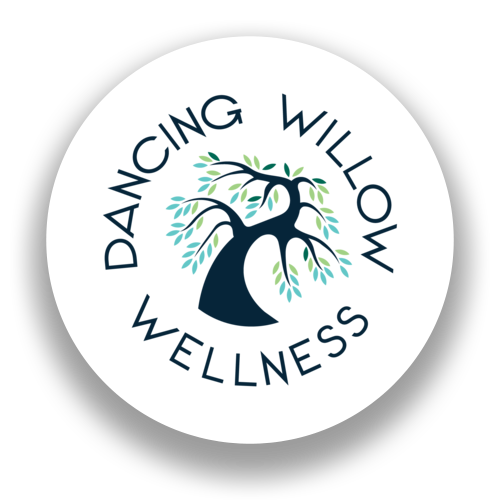‘No’ as Self-Care
As I tell my clients, “if self-care feels like just another thing you have to do, you're doing it wrong”.
There are many ways of taking care of yourself; getting enough sleep, eating well, exercising, etc. But I think many of us are missing a really important part of self-care.
My simple definition of self-care can be reduced to anything that charges your ‘battery’.
We use phrases like “running on empty” or “burnt out” when this battery is drained. It's important to recharge it. The social media posts of bubble baths and reading a good book address this. However, there’s another side to self-care. The proactive approach to prevent your ‘battery’ from being unnecessarily drained, or being drained too quickly.
How to Proactively Approach Self-Care
I'm sure you can think of countless scenarios that drain your energy. This usually has something to do with other people draining it; a coworker who takes time away from your deadlines to chat about office gossip, a nosy neighbour bombarding you with questions, or agreeing to additional responsibilities. The Canadian in all of us wants to be nice. We have difficulties refusing requests for help or a simple favour. But, this drains the batteries. A lot.
This is where the word ‘no’ plays a vital role in self-care.
In counselling jargon, we call this a boundary.
Boundaries are usually described as limits or rules around behaviours. People think boundary setting involves placing limits on how other people treat us. I would argue this is not entirely accurate. I believe boundaries involve placing limits on how we allow ourselves to be treated by others.
Indulge me in a personal example that I recently shared with my teenage niece.
I told her that, in previous employment situations, I’d get yelled at by the clients. I told her that I didn’t say to stop yelling. I didn’t say “You may not speak to me this way!” or “Who do you think you are?” In fact, I didn't say anything.
I simply turned around and walked away.
Typically, this had a confusing effect. Some would even call out, “Hey! where are you going?”. At that point, I informed them that no one had permission to yell at me.
My niece was equally confused. “You just walked away from a client?”. Truthfully, it didn't matter that it was a client. I do not allow people to yell and scream at me. I do not explain this. I act on it.
Boundaries need to be established and reinforced. Sometimes, these two parts can be combined, as stated above. Your boundaries will vary depending on the situation, the people in it, and the environment. There are countless variables to consider. Most, if not all, are outside of your control. The only thing you can control is your behaviour.
Time and energy is finite. It is not a bottomless resource.
If I am investing time and energy to recharge my battery, then I am protecting that investment. Boundaries protect your time and energy. These are precious. Start by saying ‘no’ to the small things/requests that eat up your precious battery power. When you’re ready to advance, say ‘no’ without an apology OR an explanation.
‘No’ is a complete sentence. And a total game changer.
If you need support in creating and implementing boundaries, take a moment and read my article on "How to Pick a Counsellor".



